

Articles
How To Store Shelled Hard Boiled Eggs
Modified: February 26, 2024
Learn the best techniques for storing shelled hard-boiled eggs with these informative articles, ensuring their freshness and flavor for longer periods.
(Many of the links in this article redirect to a specific reviewed product. Your purchase of these products through affiliate links helps to generate commission for Storables.com, at no extra cost. Learn more)
Introduction
Storing hard-boiled eggs can be a tricky task, especially when they are shelled. Whether you have leftover eggs from a brunch or want to prepare a batch in advance for meal prep, knowing how to store shelled hard-boiled eggs properly is essential to maintain their freshness and flavor.
In this article, we will explore the benefits of storing shelled hard-boiled eggs, provide tips on choosing and preparing the eggs, discuss suitable storage containers, offer guidelines for refrigeration, and share expert advice on labeling, date tracking, and extended storage. Additionally, we will cover best practices for thawing and using the stored eggs to ensure you get the most out of your culinary endeavors.
So, if you’re ready to become an expert at storing shelled hard-boiled eggs, let’s dive right in!
Key Takeaways:
- Master the art of storing shelled hard-boiled eggs to enjoy convenient meal prep, reduced food waste, and on-the-go protein-packed snacks. Follow expert guidelines for freshness and extended storage options.
- From selecting fresh eggs to proper refrigeration and creative extended storage ideas, become an expert at maintaining the quality and safety of shelled hard-boiled eggs. Enjoy versatile and nutritious culinary possibilities with confidence.
Read more: How To Store Hard Boiled Eggs In Shell
Benefits of Storing Shelled Hard Boiled Eggs
Storing shelled hard-boiled eggs can offer several benefits, making it a convenient and time-saving option for many individuals. Here are a few advantages you can expect:
- Easy Meal Prep: Storing shelled hard-boiled eggs allows you to prepare a large quantity of eggs in advance, making meal planning a breeze. They can be quickly incorporated into salads, sandwiches, or enjoyed as a protein-rich snack on their own.
- Extended Freshness: By properly storing shelled hard-boiled eggs, you can extend their shelf life, ensuring they stay fresh for a more extended period. This can be particularly useful if you have a surplus of eggs from a bulk purchase or want to make multiple servings at once.
- Convenient On-the-Go Option: Having pre-peeled hard-boiled eggs ready to eat is incredibly convenient when you’re on-the-go. Whether you’re heading to work, school, or embarking on a road trip, having a protein-packed snack readily available can help you stay fueled throughout the day.
- Reduced Food Waste: Storing shelled hard-boiled eggs allows you to utilize any leftover eggs effectively, reducing food waste. Instead of tossing unused eggs, you can simply store them for later use, minimizing unnecessary waste and saving money.
Now that you know the benefits of storing shelled hard-boiled eggs, let’s delve into the next crucial aspect – choosing and preparing the eggs for storage.
Choosing and Preparing the Eggs
When it comes to storing shelled hard-boiled eggs effectively, selecting fresh eggs and properly preparing them is vital. Follow these steps to ensure you get the best results:
- Select Fresh Eggs: Choose eggs that are within a week of their expiration date for optimal freshness. Fresh eggs will have firmer whites and vibrant yolks, resulting in better-tasting hard-boiled eggs.
- Cook the Eggs: Start by placing the eggs in a single layer in a saucepan. Add enough water to the pot to cover the eggs by about an inch. Bring the water to a boil over medium heat, then remove the pan from the heat and let the eggs sit in the hot water for around 9-12 minutes, depending on your desired level of doneness. After that, transfer the eggs to an ice bath to stop the cooking process.
- Peel Immediately: Once the eggs have cooled in the ice bath, it’s best to peel them immediately. Freshly boiled eggs are easier to peel, as the shells tend to stick less to the egg white. Gently tap each egg on a hard surface to crack the shell, and then roll it between your hands to loosen the shell. Begin peeling from the wider end, where the air pocket is located, to facilitate the peeling process.
- Rinse and Dry: After peeling the eggs, give them a quick rinse under cool water to remove any remaining shell pieces. Pat them dry with a paper towel to ensure they are moisture-free before transferring them to storage containers.
By selecting fresh eggs and following these steps for preparation, you can ensure that your shelled hard-boiled eggs are of the highest quality and ready for optimal storage. Now that the eggs are ready, it’s time to explore suitable storage containers for long-lasting freshness.
Proper Storage Containers
Choosing the right storage containers for your shelled hard-boiled eggs is crucial to maintain their freshness and prevent any contamination. Here are a few options for proper storage:
- Airtight Containers: Airtight containers are an excellent choice for storing shelled hard-boiled eggs. They create a seal that helps to preserve the eggs’ freshness and prevent any odors from transferring to the eggs. Look for containers made of glass or BPA-free plastic, as these are safe and durable options.
- Sealable Plastic Bags: Another convenient option is to use sealable plastic bags. Place the peeled eggs in a single layer in the bag, remove any excess air, and seal it tightly. Make sure to choose bags that are specifically designed for food storage to maintain the eggs’ quality.
- Egg Trays or Cartons: If you prefer a more traditional approach, egg trays or cartons can be used to store shelled hard-boiled eggs. These trays have individual compartments that cradle the eggs, preventing them from rolling around and getting damaged. Ensure that the egg trays or cartons are clean and dry before storing the eggs.
Regardless of the storage container you choose, remember to wash and dry them thoroughly before using them to prevent any cross-contamination. It’s also worth noting that storing eggs with strongly aromatic foods, such as onions or garlic, may cause the eggs to absorb their flavors, so it’s best to store them separately.
Now that you have an idea of the suitable containers for storing shelled hard-boiled eggs, let’s move on to discussing the proper guidelines for refrigeration.
Refrigeration Guidelines
Proper refrigeration is key to maintaining the quality and safety of your shelled hard-boiled eggs. Follow these guidelines to ensure optimal storage:
- Chill Immediately: After preparing the eggs and placing them in the storage containers, it’s essential to refrigerate them promptly. The eggs should be chilled within two hours of cooking to minimize the risk of bacterial growth.
- Refrigerator Temperature: Set your refrigerator temperature between 35°F (1.7°C) and 40°F (4.4°C) for ideal storage conditions. Avoid placing the eggs in the door compartments, as they are subject to temperature fluctuations each time the door is opened.
- Placement: Position the storage containers with the eggs in the main section of the refrigerator, preferably on a shelf towards the back. This ensures a consistent temperature and minimizes exposure to warmer air when the refrigerator door is opened.
- Hygiene Practices: It’s important to practice good hygiene when handling stored eggs. Wash your hands before and after touching the eggs, and use clean utensils or tongs to retrieve them from the containers, reducing the risk of cross-contamination.
By following these refrigeration guidelines, you can keep your shelled hard-boiled eggs safe and fresh for an extended period. However, it’s crucial to keep track of the storage duration. Let’s explore the importance of labeling and date tracking next.
Store shelled hard boiled eggs in an airtight container in the refrigerator. They should be consumed within 1 week for best quality.
Read more: How To Store Hard-Boiled Eggs
Labeling and Date Tracking
Labeling and date tracking your stored shelled hard-boiled eggs can help you keep track of their freshness and ensure you use them within a safe timeframe. Here are some tips for effective labeling:
- Label the Containers: Use adhesive labels or masking tape to mark the storage containers with the date when the eggs were cooked. This way, you can easily identify the oldest eggs and prioritize their use.
- Indicate Storage Time: In addition to the date, you may also want to note the storage duration on the labels. For example, you can write “14 days” to remind yourself of the recommended maximum storage time for shelled hard-boiled eggs.
- Rotate Eggs: To ensure you consume the oldest eggs first and minimize waste, organize the containers in a way that allows for easy rotation. Place the freshly boiled eggs at the back of the refrigerator and move the older containers to the front for quick access.
- Check for Signs of Spoilage: While labeled with dates, it’s essential to visually inspect the eggs before consumption. Look for any signs of damage, off odors, or sliminess. If the eggs appear discolored or have an unpleasant smell, discard them immediately.
Proper labeling and date tracking not only help you keep your stored eggs organized but also ensure that you consume them within a safe timeframe. Now, let’s explore some additional tips for extended storage if you need to keep the eggs for a more extended period.
Tips for Extended Storage
If you anticipate needing to store your shelled hard-boiled eggs for an extended period, here are some helpful tips to ensure their freshness and quality:
- Vacuum Sealing: Consider vacuum-sealing your shelled hard-boiled eggs for even longer storage. Vacuum-sealed bags remove air and create a tight seal, minimizing the risk of bacteria growth and extending the shelf life of the eggs.
- Freezing: Freezing shelled hard-boiled eggs is another option for extended storage. However, keep in mind that freezing can affect the texture of the egg white, making it slightly rubbery. To freeze, place the peeled eggs in a freezer-safe container or bag, and use them within three to six months for best quality.
- Egg Salad or Deviled Eggs: If you’re not planning to use the eggs individually, another idea is to transform them into egg salad or deviled eggs. By combining the hard-boiled eggs with mayonnaise, mustard, and other desired ingredients, you can create a delicious dish that can be refrigerated for a few days.
- Pickle the Eggs: Pickling shelled hard-boiled eggs is an excellent way to add flavor and prolong their storage life. By immersing the eggs in a mixture of vinegar, herbs, and spices, you create a tangy and preserved treat that can last for several weeks when refrigerated.
Remember to follow general food safety guidelines and ensure that any stored eggs are properly thawed and heated before consuming if they have been frozen.
Now that you have an array of tips for extended storage, let’s move on to discussing how to thaw and the best practices for using your stored shelled hard-boiled eggs.
Thawing and Best Practices for Using Stored Eggs
When it’s time to use your stored shelled hard-boiled eggs, proper thawing and handling techniques are essential for maintaining their quality and safety. Follow these guidelines:
- Refrigerator Thawing: The best method for thawing shelled hard-boiled eggs is to transfer them from the freezer to the refrigerator. Allow the eggs to thaw slowly in the fridge overnight or for a few hours until they are completely thawed. This gentle thawing process helps retain their texture and flavor.
- Room Temperature Thawing: If you’re short on time, you can thaw the eggs at room temperature. Place them in a bowl or on a plate and allow them to sit at room temperature for about 30 minutes to an hour. However, be cautious and avoid leaving them at room temperature for an extended period to prevent any risk of bacterial growth.
- Handling and Consuming: Once the shelled hard-boiled eggs are thawed, handle them with clean hands or utensils to avoid cross-contamination. Use them within a couple of days for optimal freshness. Enjoy them as a snack, incorporate them into salads or sandwiches, or use them in your favorite recipes.
- Discarding Spoiled Eggs: Remember to discard any stored eggs that show signs of spoilage, such as an off odor, strange color, or slimy texture. It’s better to be safe and dispose of them rather than risk any health concerns.
By following these thawing and handling practices, you can make the most of your stored shelled hard-boiled eggs and enjoy them in a variety of dishes. Now that we’ve covered all the essential information, let’s conclude.
Conclusion
Knowing how to store shelled hard-boiled eggs properly is a valuable skill that can save you time, reduce food waste, and provide convenient on-the-go options. By following the guidelines outlined in this article, you can ensure the freshness, quality, and safety of your stored eggs.
From choosing and preparing the eggs to selecting suitable storage containers, refrigeration guidelines, and proper labeling, each step plays a crucial role in maintaining the integrity of your shelled hard-boiled eggs. Additionally, if you require extended storage, tips such as vacuum sealing, freezing, or transforming the eggs into tasty dishes like egg salad or pickled eggs can help prolong their shelf life.
When it’s time to use your stored eggs, remember to thaw them safely and handle them with proper hygiene practices. Whether you enjoy them as a quick snack, incorporate them into your favorite recipes, or pack them for on-the-go meals, these shelled hard-boiled eggs are a versatile and nutritious addition to your culinary repertoire.
In conclusion, mastering the art of storing shelled hard-boiled eggs opens up a world of possibilities for meal prep, quick snacks, and reduced food waste. By applying the knowledge and tips provided in this article, you can enjoy the convenience and benefits of having these protein-packed delights readily available in your fridge.
So, go ahead and confidently store your shelled hard-boiled eggs, knowing that you have the expertise to keep them fresh, delicious, and ready to enjoy whenever you need them.
Frequently Asked Questions about How To Store Shelled Hard Boiled Eggs
Was this page helpful?
At Storables.com, we guarantee accurate and reliable information. Our content, validated by Expert Board Contributors, is crafted following stringent Editorial Policies. We're committed to providing you with well-researched, expert-backed insights for all your informational needs.
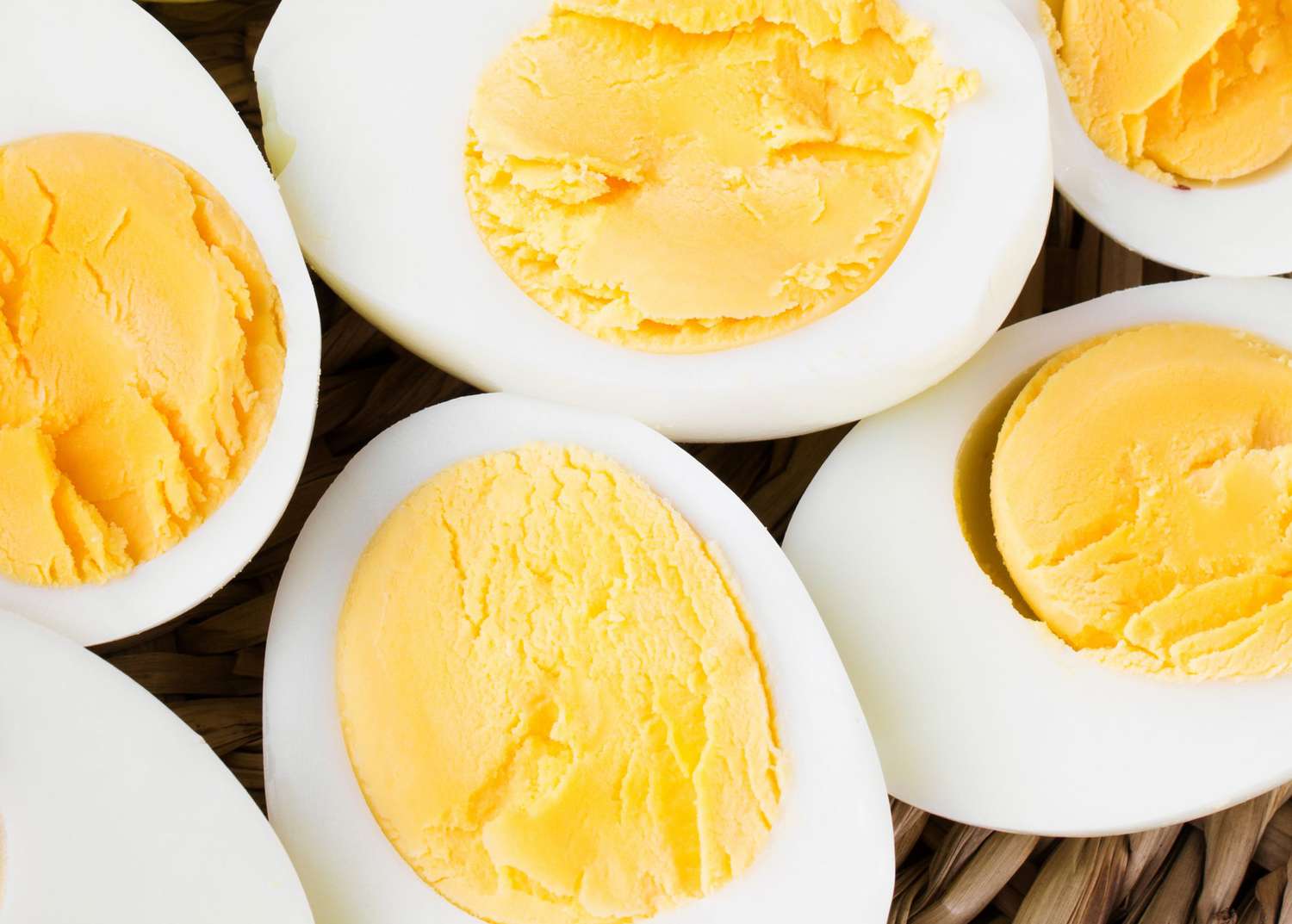


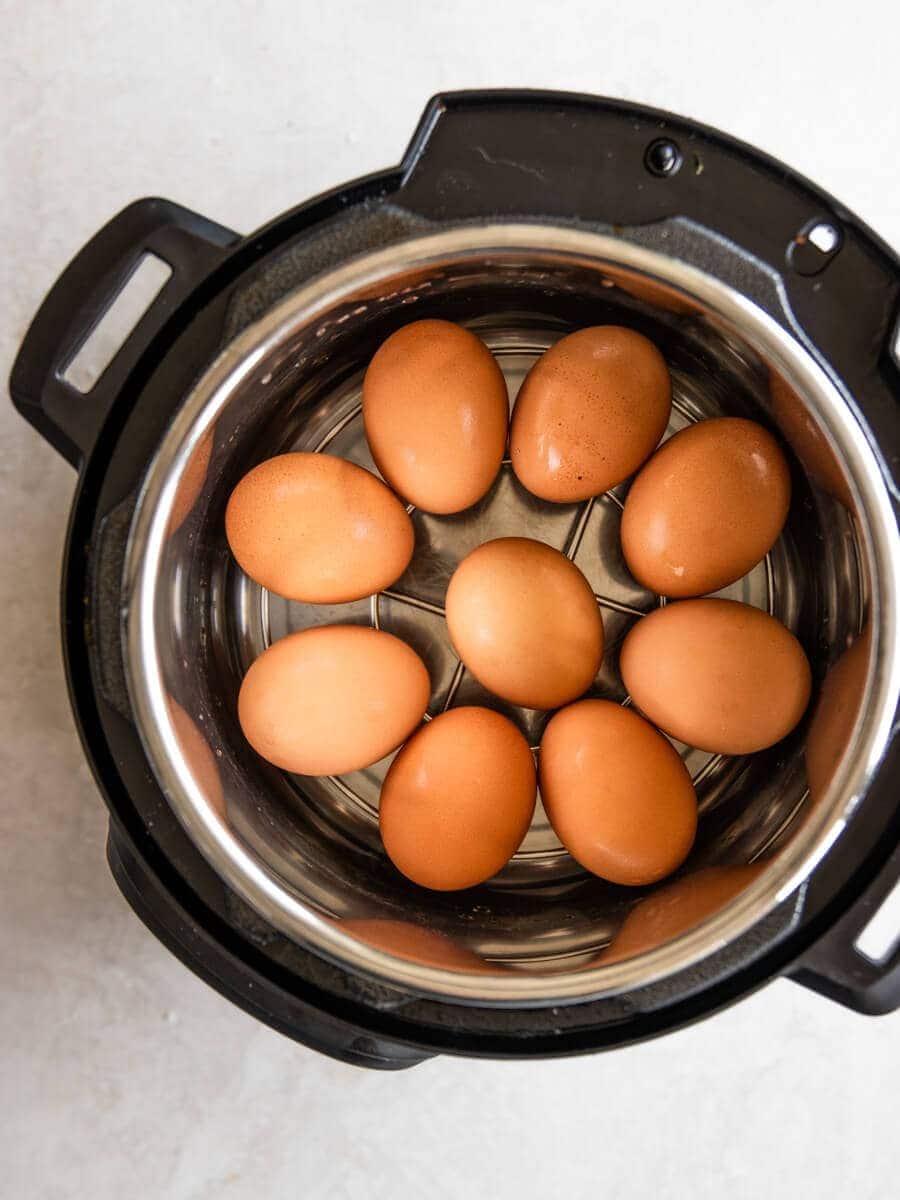

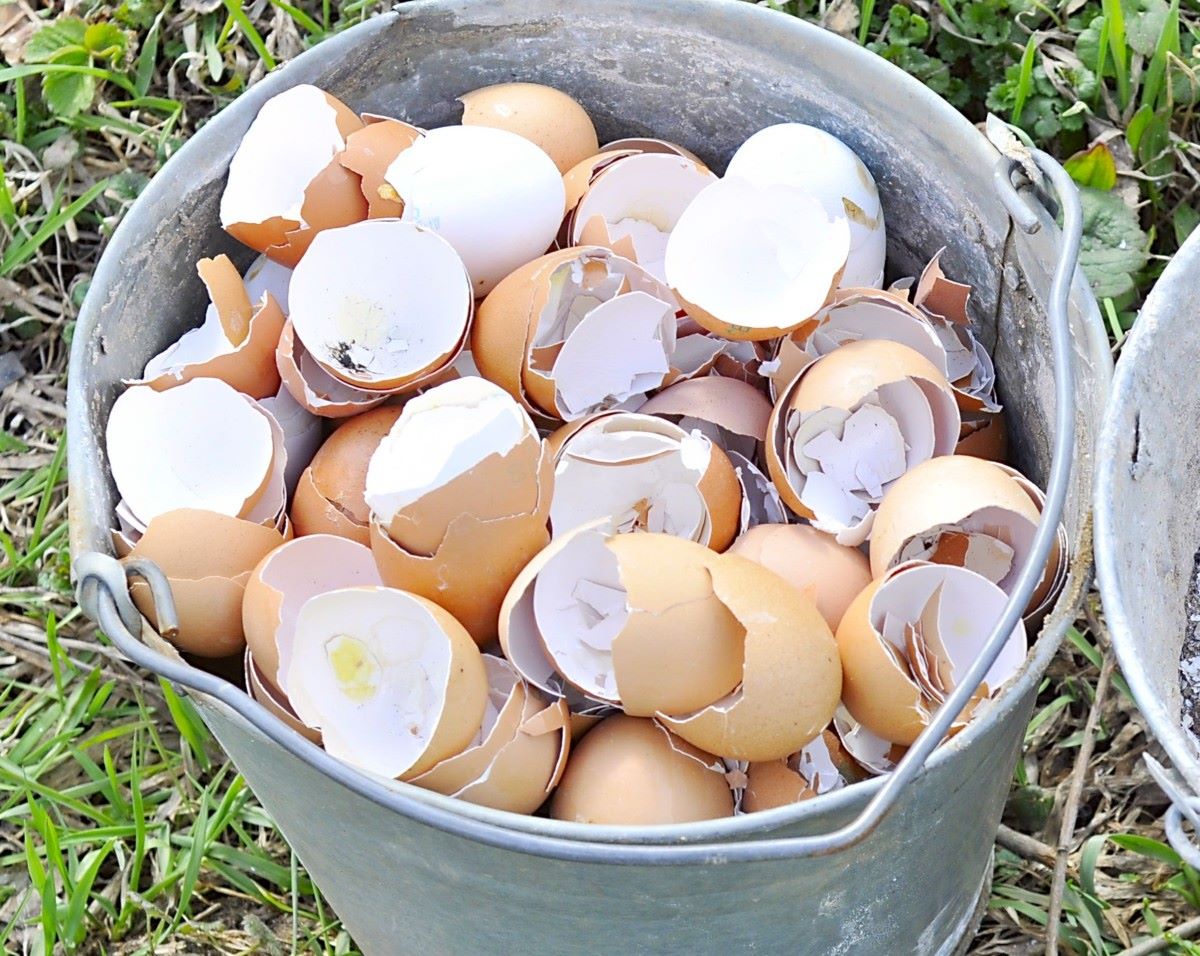
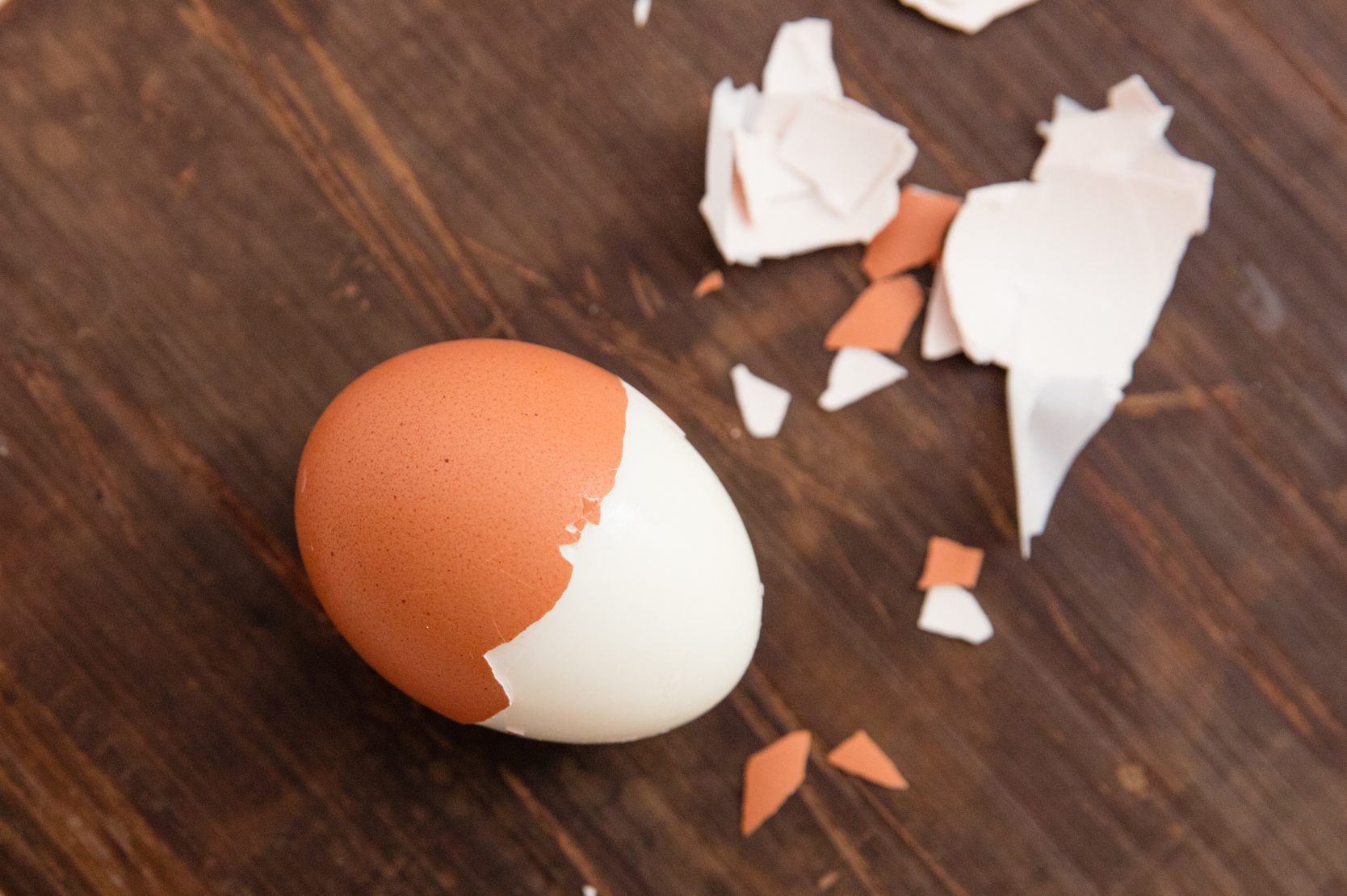

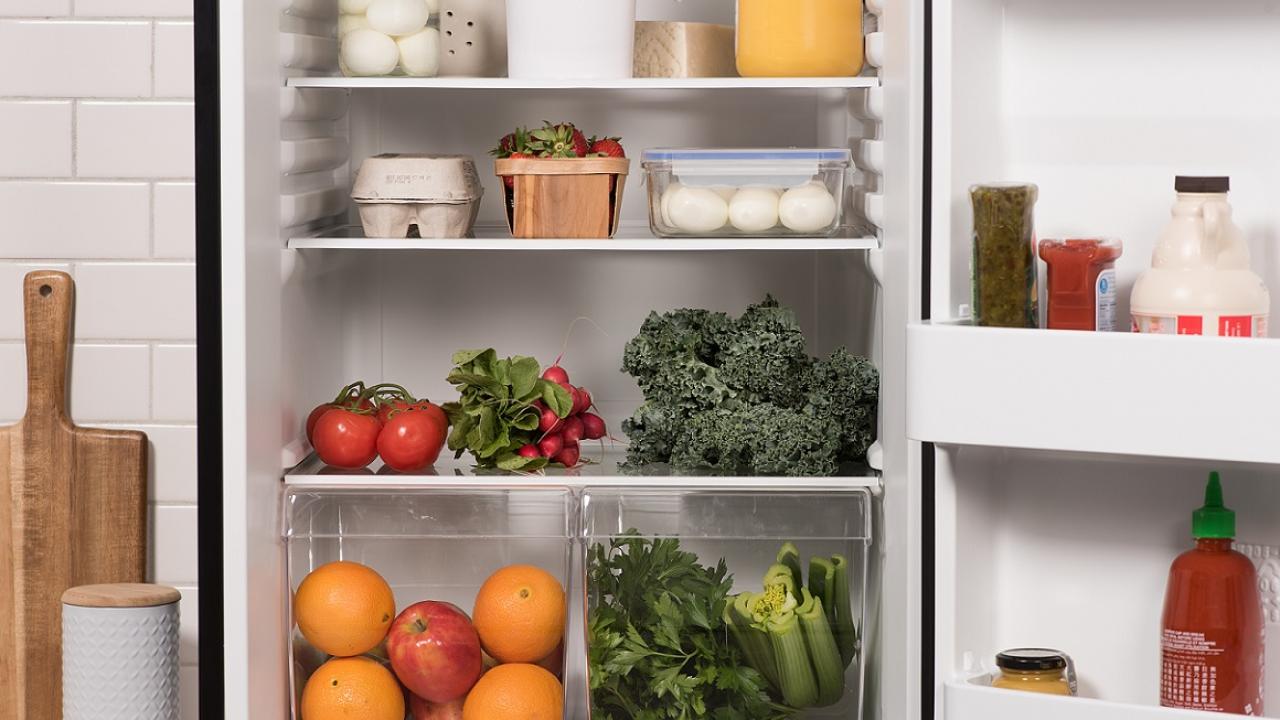

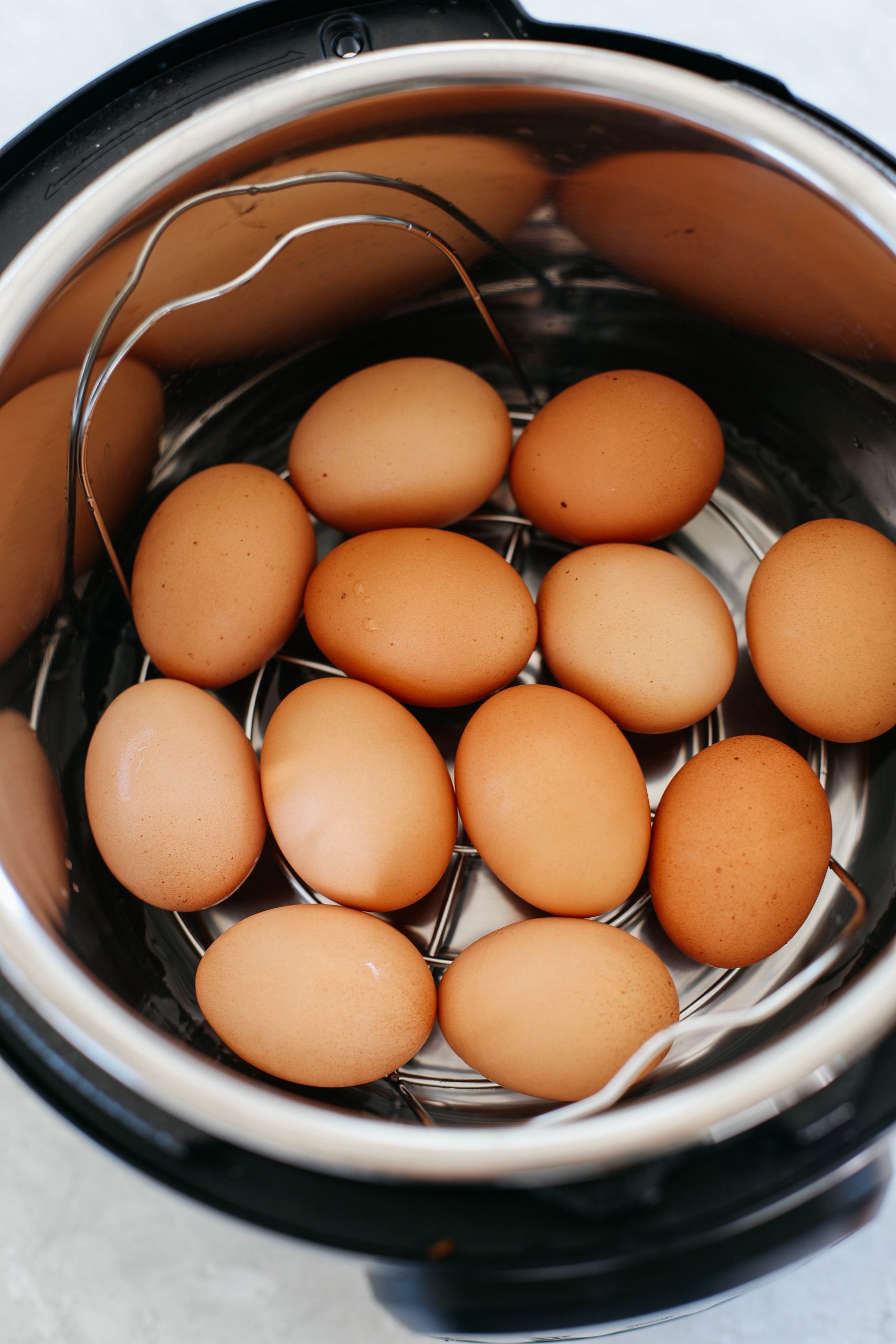
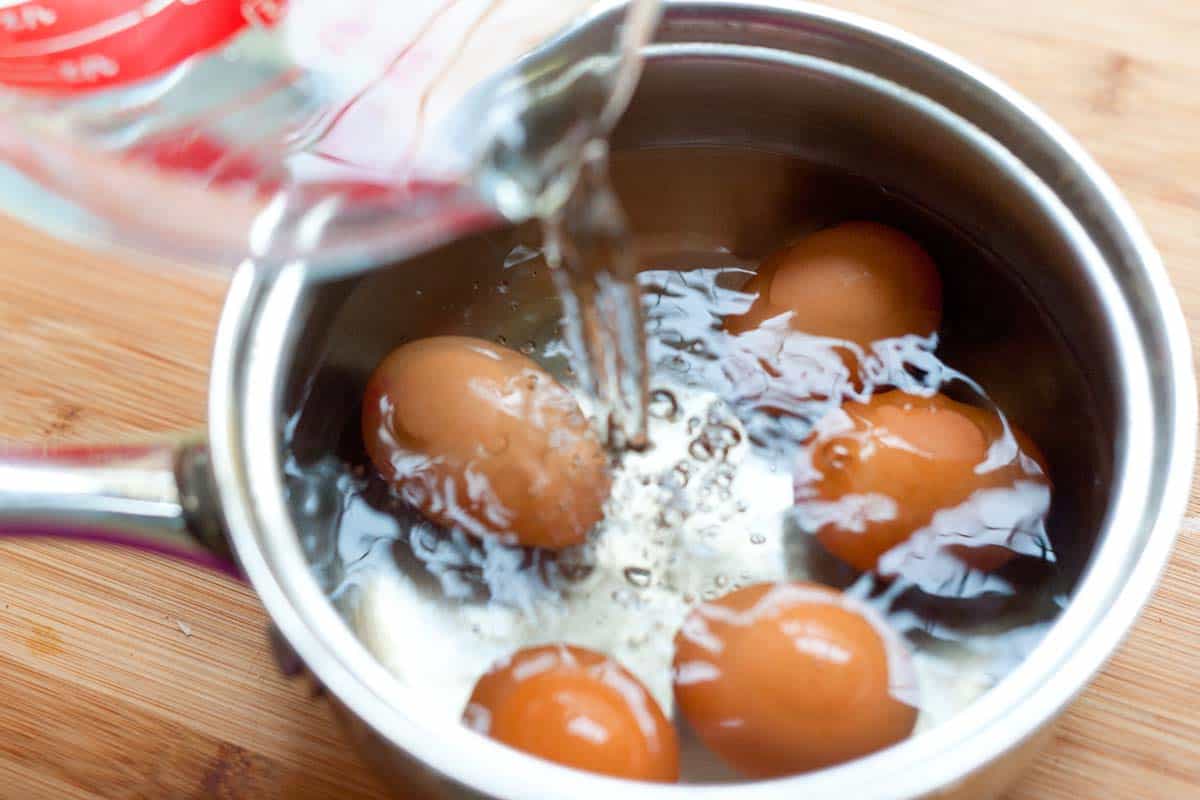
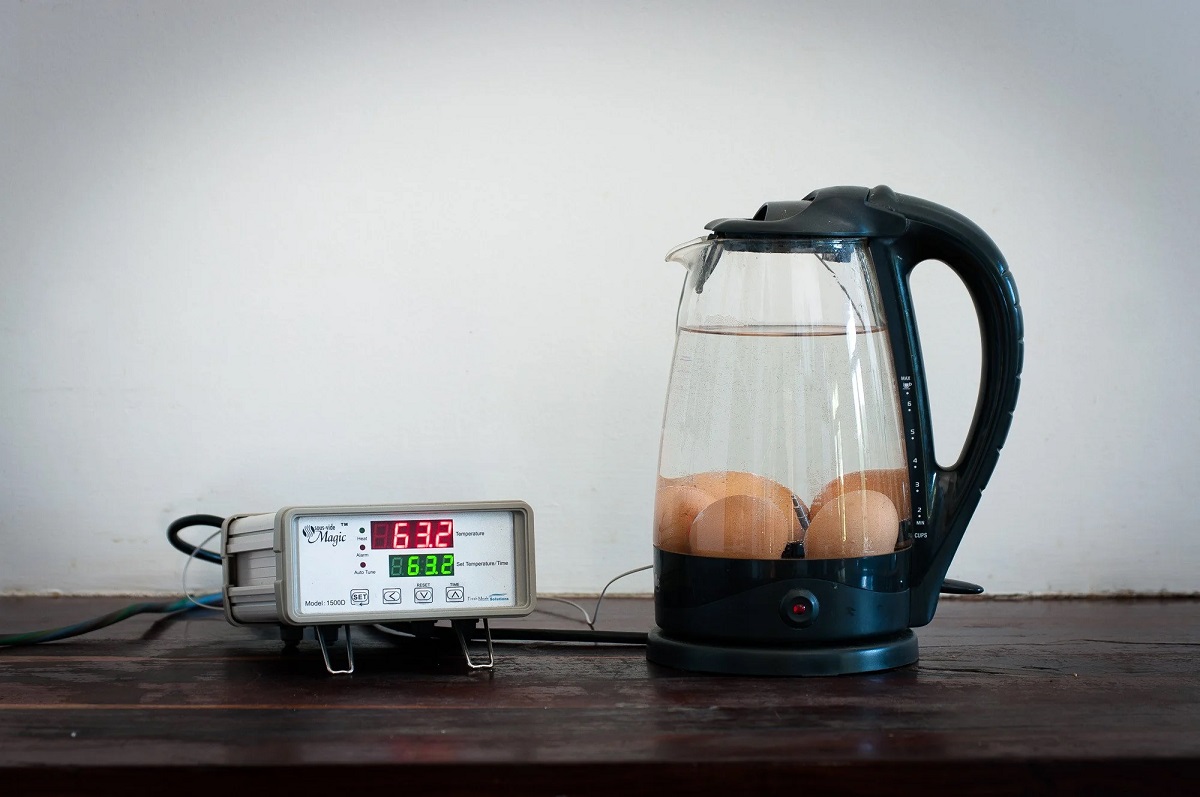
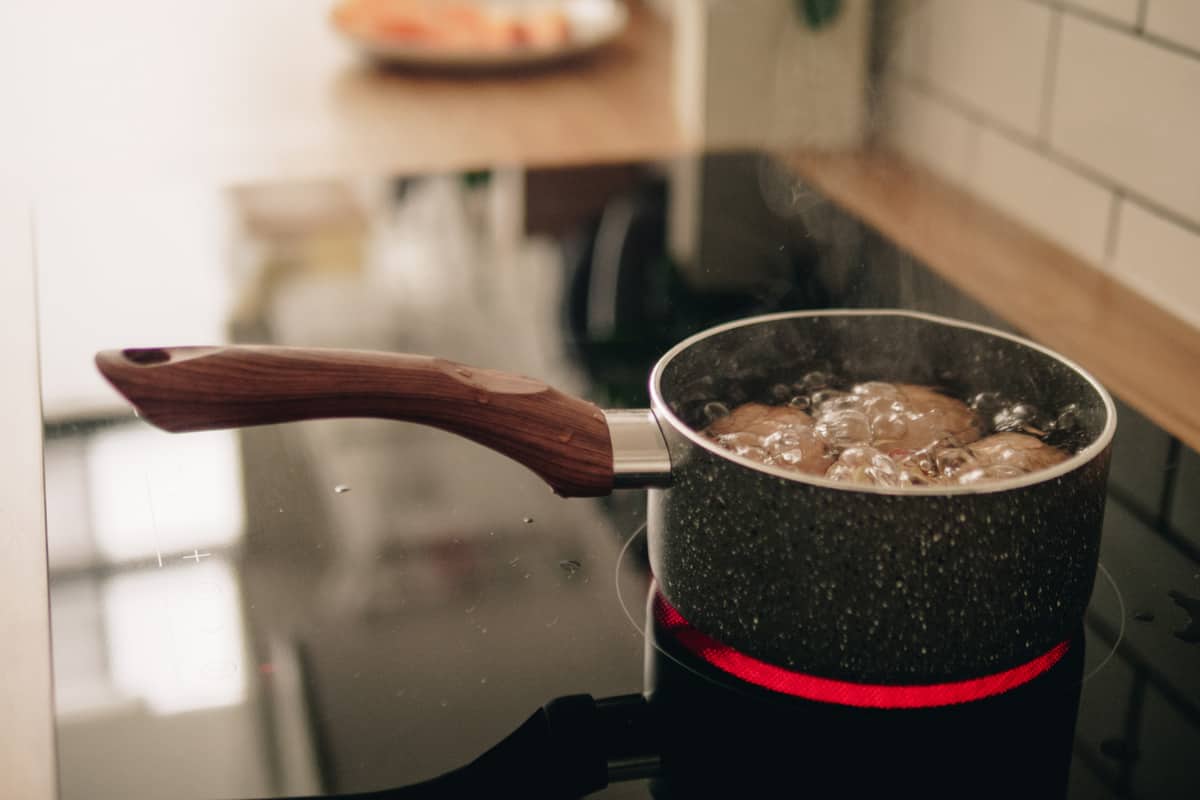

0 thoughts on “How To Store Shelled Hard Boiled Eggs”